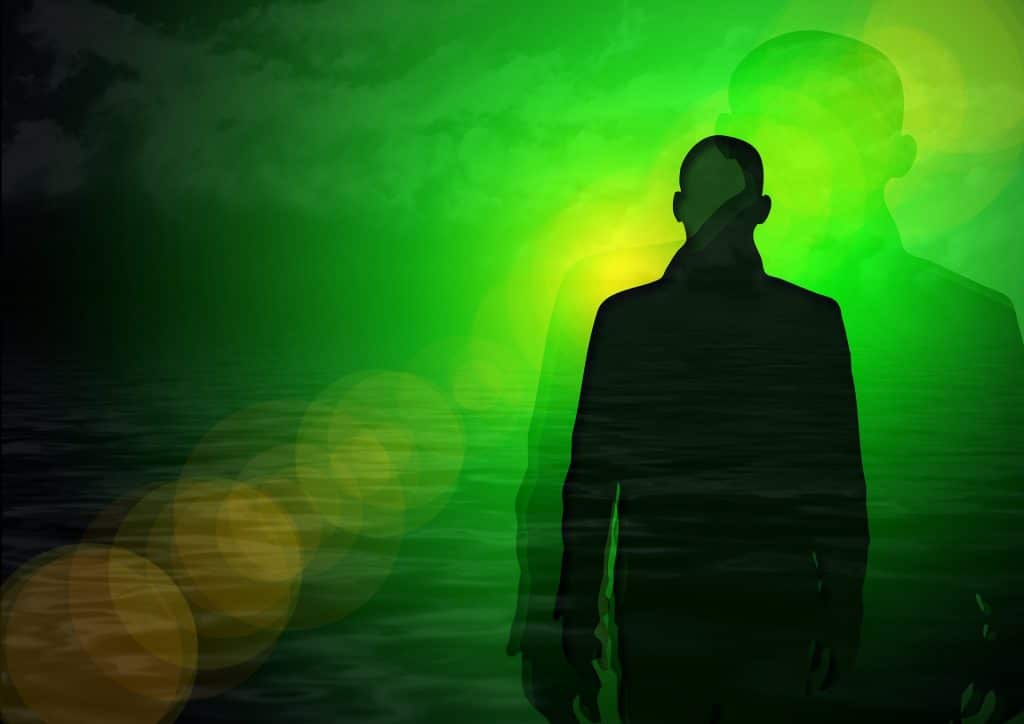One of the principles of medicine says that health and disease are the result of things we do. Even pain itself may possibly be a learned response, a reflexive response to irritants.
Many doctors believe that diseases can be caused by the kind of life we lead. But how does it work? How does lifestyle lead to disease and pain? And how much? And why do we get sick?
The interplay of all human physiological systems connects the mind to the body in definite but extremely complex ways. This is new knowledge.
Доскоро болката се разглеждаше като нещо, наложено на ума от тялото. Но болката не е просто съобщение от наранени тъкани – това е сложно преживяване, което се генерира и старателно настройва от мозъка ви. Резултатите често са странни и контраинтуитивни, като квантовата физика, но науката е ясна: всяко болезнено усещане е 100% импулс от мозъка. Следователно няма болка без мозък.
Също така до скоро, медицинските учени вярваха, че нервната система и имунната система нямат нищо общо помежду си. Когато обаче откриват, че тези системи са свързани помежду си, те откриват следните връзки – физически, неврологични, химически и електрически.
Numbness
According to various claims, uniformity is the common denominator in most situations where our lives are "out of balance". There are many human problems, but they all have to do with getting "stuck" in one way or another. So, probably when we get sick it means that whatever we are, we've been doing it for too long.
The limitation and the primary
From the very beginning of our lives, we humans begin to limit ourselves in response to social and emotional forces. From an early age we are restricted from any primal actions in response to being socially nurtured. We are stopped from screaming or crying to mature.
Това е желателно, разбира се … но има и цена.
Започваме да се придържаме към определен начин на правене на нещата – начин на дишане, движение, издаване на звуци и т.н. Правим тези избори не защото сме в голяма степен в унисон с това, което всъщност се нуждаем и искаме, а защото мозъците ни дават много сложни идеи за това, което смятаме, че се нуждаем и искаме.

Продуктът на този процес е нашата зона на комфорт – регион на поведение и опит, който не желаем да напускаме, още повече с всяка изминала година. Ако границите на зоната на комфорт бяха по-органични, по-интуитивни, можеше да ни служат доста добре – но те са невероятно произволни, дефинирани както от поп културата, така и от самосъзнанието.
Despite this general trend, many people remain strongly primal. But even these people have a relatively limited repertoire of behavior compared to what we are actually capable of. It's actually pretty amazing how narrow the range of "normal" is when you realize that we're biologically capable of virtually any kind of behavior. Even within human nature, behavior can be as different as that of Carl Sagan, Osama bin Laden, the Queen of England, and the cannibal of the South Pacific.
We are sabotaged by our big brains. This stiffness eventually manifests as disease.
Illness and guilt
If stiffness leads to disease, doesn't that mean we are to blame? Shouldn't we be able to fix it? And why can't we fix it?
It is important to understand that we are not to blame for our illnesses. Just as our personalities are determined by both genetics and environment, our illnesses are determined by both internal and external forces. We participate in the generation of our diseases, but we do not do it intentionally and we cannot undo it intentionally.
No disease-lifestyle connection would happen overnight. Illness is probably among the last signs of an enduring pattern in life.
Here we can assume that the very awareness of the mind-body connection somehow gives us power over the disease, but it is hardly that simple. Healing is an extremely difficult process.
Treatment
Anyone can try to restore balance in life, but anyone trying to heal must understand that this may be difficult or impossible and may not have an effect on an established illness. Spontaneous remissions of serious diseases are not called "miracles" for no reason.
Всички ние сме ученици на живота – но уменията, необходими за процеса на лекуване, след като той е стартиран, вероятно са на няколко степени извън нас, ако изобщо съществуват. Всъщност, когато сме болни, това обикновено е индикация, че за нас е твърде късно и ние не разполагаме с емоционално и духовно оборудване, за да отстраним вредата.
However, miracles do happen. A passionate individual determined to overcome will take these discouraging words as a challenge to excel, learn enough about themselves to heal, or (quite literally) die trying.
We have to step outside of our comfort zone and choose to leave behind the many little fears and prejudices that have defined it for so long. We need to stretch.
There are probably so many ways to do this. For some, it may be a mountain to climb. For others eye contact, new furniture or reconciliation. But for almost everyone, above all, it means really deep looking and fresh movement, components of any interesting spiritual discipline. We must strive to become constant dancers, freely embodying every impulse, writhing happy, impulsive, exploratory and unbridled.
Even if it's too little or too late, it will still be worth it.